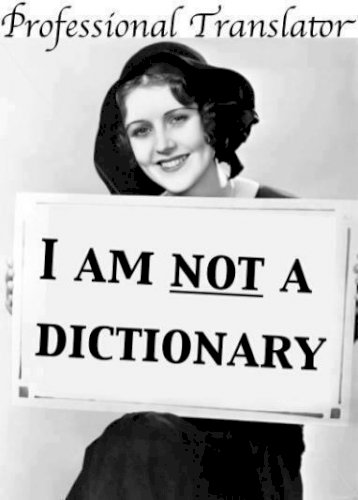
01 Feb .
3 Min Read .
125

You might have an image of a freelance translator lounging on the sofa in their pajamas with a laptop in hand. In fact, it’s very different. These individuals work just as hard as an in-house translator would, and they even sit at a desk for hours, and sometimes nights on end. Holidays aren’t always ‘days off’, either!
…And it shouldn’t be confused with machine translation. Translators and language service providers are big fans of this technology as it can make the human translation process a lot easier, quicker, and a lot less monotonous. Tools like translation memory or CAT tools are just a few of the software us linguists use to stay organized and manage a translation.
Those subtitles you read whilst watching Netflix have had a lot of work put in behind them! Subtitling can be a complex task for translators as the process has specific rules – certain languages limit the word count; some have certain lengths for the subtitle line; they need special attention when considering the deaf; and readability is also a crucial aspect.
It doesn’t take just ‘anyone’ to translate a medical document or conduct SEO translation. Intricate and specific translations need expert linguists who specialize in a specific field. Most of the time, they have vast experience in a particular industry, or perhaps educational qualification in the said field. Whether it’s a financial, or gaming document, a translator who specializes in this field is best suited for the role.
Just because someone knows a language, it doesn’t mean they are able to translate it. Being a translator is a skill and a profession. Most of the time, the job requires some sort of qualification – either a degree in the said language or a certificate from the American Translators Association. It also involves keeping up with translation trends and technology.
Unlike some may believe, a translator who’s able to translate into a specific language, might not necessarily have the ability to translate from it. For instance, if a linguist is proficient in En-Ar translations, that means he/she can translate from English into Arabic, but not the other way around. If they were able to do vice-versa translations as well, it would be labeled En-Ar-En.
